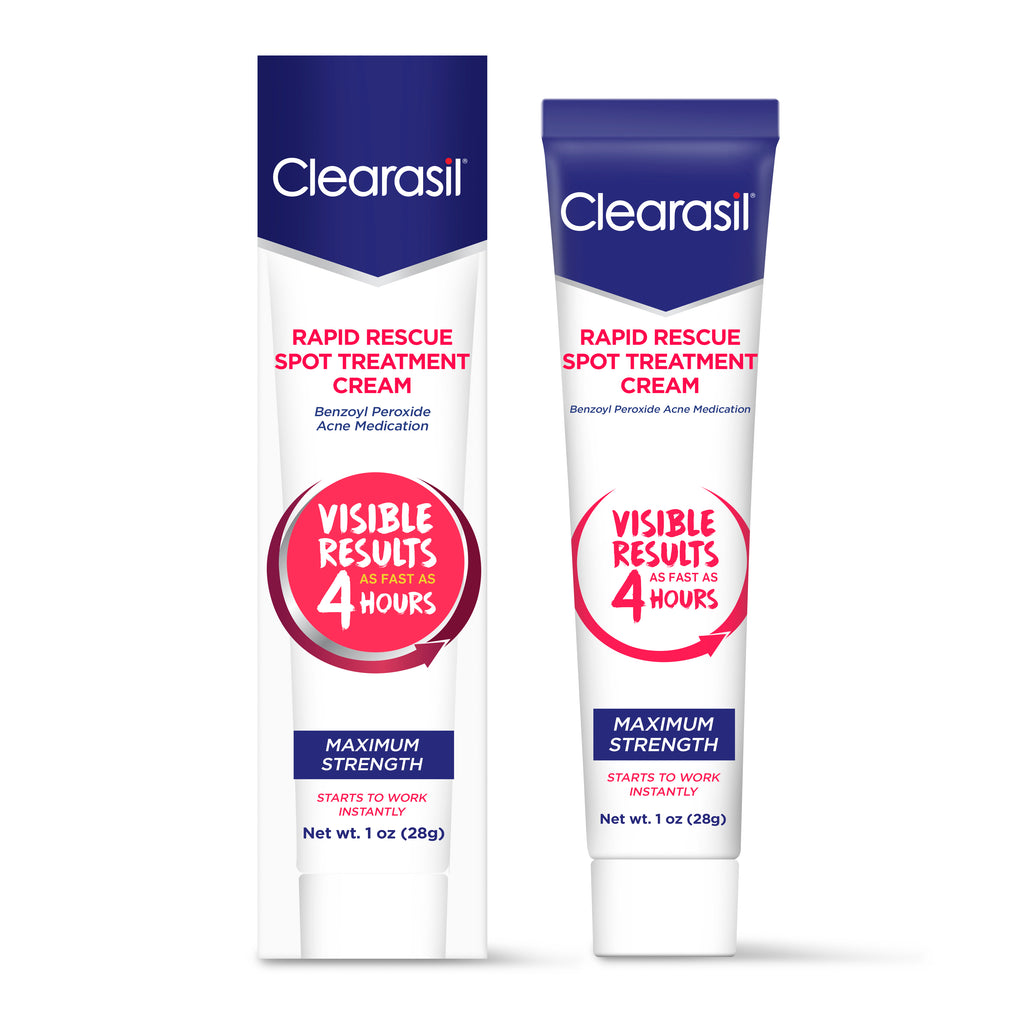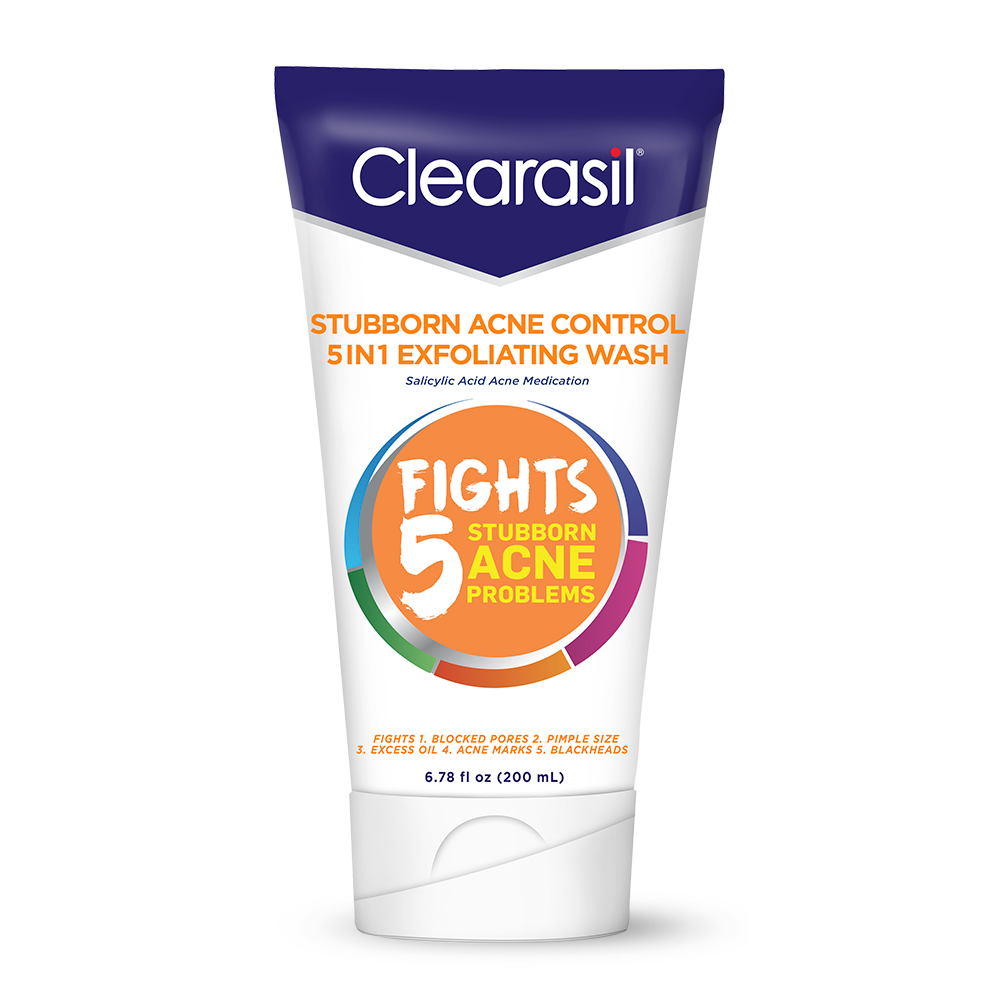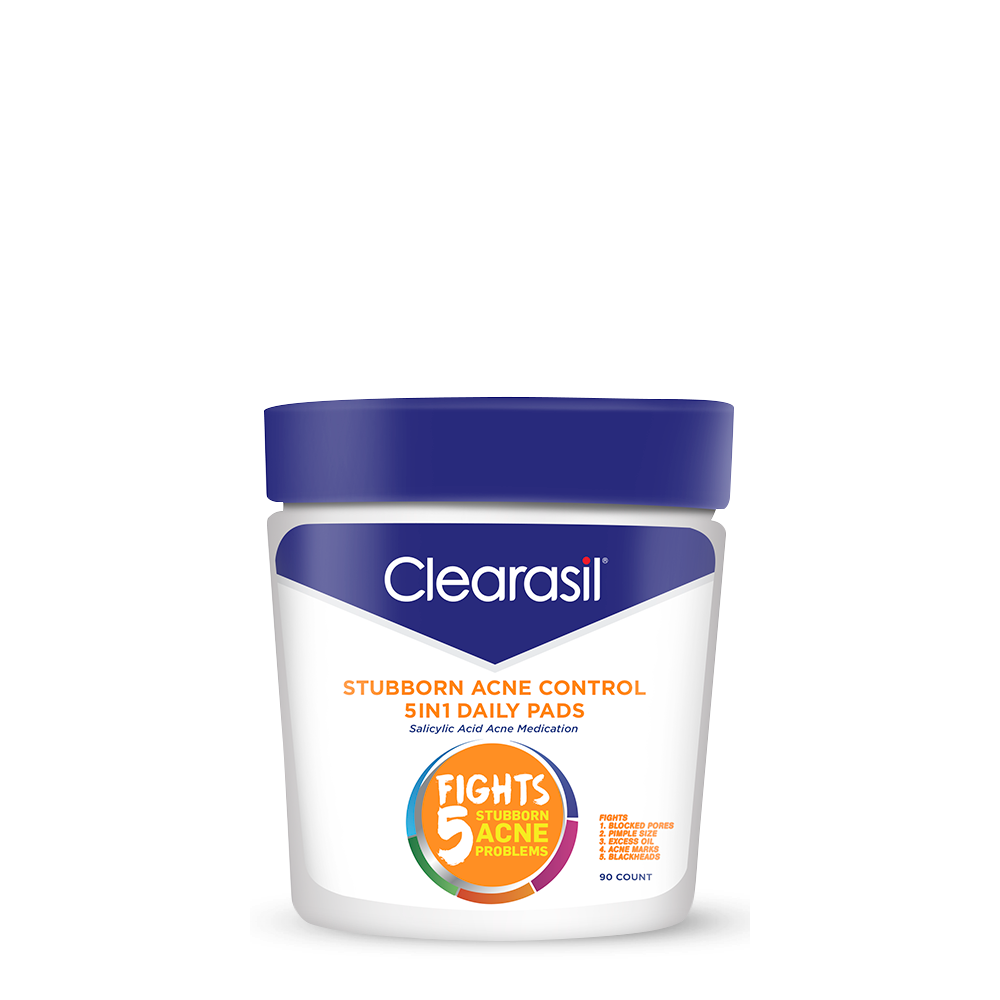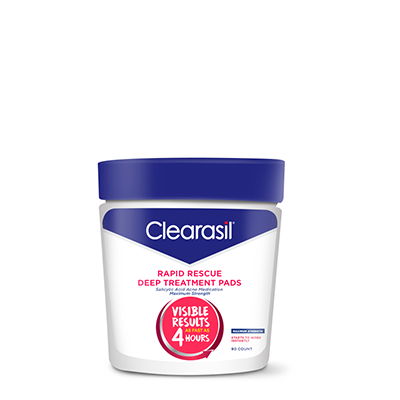
Wondering where to start when it comes to understanding and fighting acne? We’ve put together a quick overview of common acne terms and ingredients that should help you build an understanding of acne and skincare. If you’re stressed about skin care and acne breakouts start educating yourself and stop worrying – there’s plenty you can do to help prevent breakouts.
Sebaceous Follicles
Acne most often appears on those parts of the body with high concentrations of sebaceous follicles (pores), like the face, scalp, chest and back. Acne forms inside hair follicles and the sebaceous gland inside each of them.
Cysts
Some more severe types of acne manifest as cysts or boils. These are larger than the average pimple and tend to go deeper into skin tissue than common acne. Cysts tend to appear near sweat ducts or where sweat gathers on the body.
Comedones
This is the technical term for any blocked follicle however it’s usually used in reference to blackheads. These are the darker blemishes that appear when pores are clogged but not enclosed by skin (those are whiteheads, or pimples). Blackheads can appear with acne breakouts or on their own and can be commonly found on or around noses. This type of blemish is best prevented with careful exfoliation.
Acne Scars
Sometimes acne can leave scars: when skin tries to heal the wound of a pimple it can send too much collagen to the spot, leaving a mark even after healing. There are different types of acne scars and the number one thing to remember about preventing them is to not to pick at or squeeze pimples. This irritation keeps blemishes from healing properly and can encourage scarring.
Benzoyl Peroxide
Benzoyl peroxide is a common ingredient in skincare products. It encourages skin to peel off dead skin cells and expose new skin.
Salicylic Acid
Another common skincare ingredient, salicylic acid opens up pores, neutralizes bacteria in them and then constricts pores so that they won’t clog up again.
Resorcinol
This ingredient helps to gently disinfect pores. Its antiseptic properties make it a common addition to many different types of skincare products.
Sources:
inchem.org
niams.nih.gov
drugbank.ca








